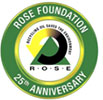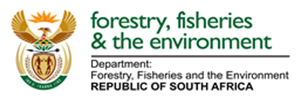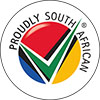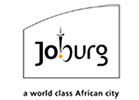Johannesburg, South Africa – Used motor lubricant is dirty, hazardous stuff. Yet the collection of used oil in South Africa has provided business success stories for many eco-entrepreneurs who are not only making a living but who are also making a difference to the environment.
One litre of used oil, containing cancer causing carcinogens and harmful compounds, can contaminate one million litres of water. In South Africa, about 350 000 million litres of oil is used every year in machinery and vehicles. While a certain amount of the oil is used up in the tools and machines it lubricates, 120 million litres of collectable used oil is generated annually. This is a substantial amount of harmful contaminant that can make its way into our environment if not responsibly collected for recycling.
The collection and recycling of used oil is an environmental priority – and is required by law through regulations laid down in the Waste Act. It is essential to ensure that it is not being poured into drains, onto the ground, painted onto poles, used as a dust suppressant or dumped into landfill with domestic refuse –practices which allow used oil to pollute the environment.
Fortunately, the proper collection and transport of used oil to refineries for recycling is a thriving, albeit highly competitive business for many eco-entrepreneurs in South Africa, who make it their mission to ensure used oil does not end up in the environment.
The ROSE Foundation (Recycling Oil Saves the Environment) has successfully been driving the collection and recycling of used oil for 25 years – championing the collection of over 1.5 billion litres in this time. The organisation’s collector membership base operates all around South Africa, collecting and transporting used oil to refineries for proper processing and recycling.
“Through Waste Not and Waste Management as well as through various tours taken to Reno Drain Oil and Tahoe Truckee Sierra Disposal Company, I learnt that the US has advanced recycling programs that we can replicate in our South African environment,” says Moses.
“Waste Management in the US is highly advanced, well established and professionally
managed with continual strides being made to improve service in the face of continually changing customer needs and compliance requirements.”
“This experience has been invaluable for the future of my business. I’ve learned that one can really make a good living out of recycling and through my studies at the Sierra Nevada College I also learned how to better manage and properly run my small business and become a better entrepreneur.”
“Auto Blue Oils and Projects will certainly grow from strength to strength after being exposed to the vast relevant experience, expertise and knowledge of these top US waste management companies,” concludes Moses.











